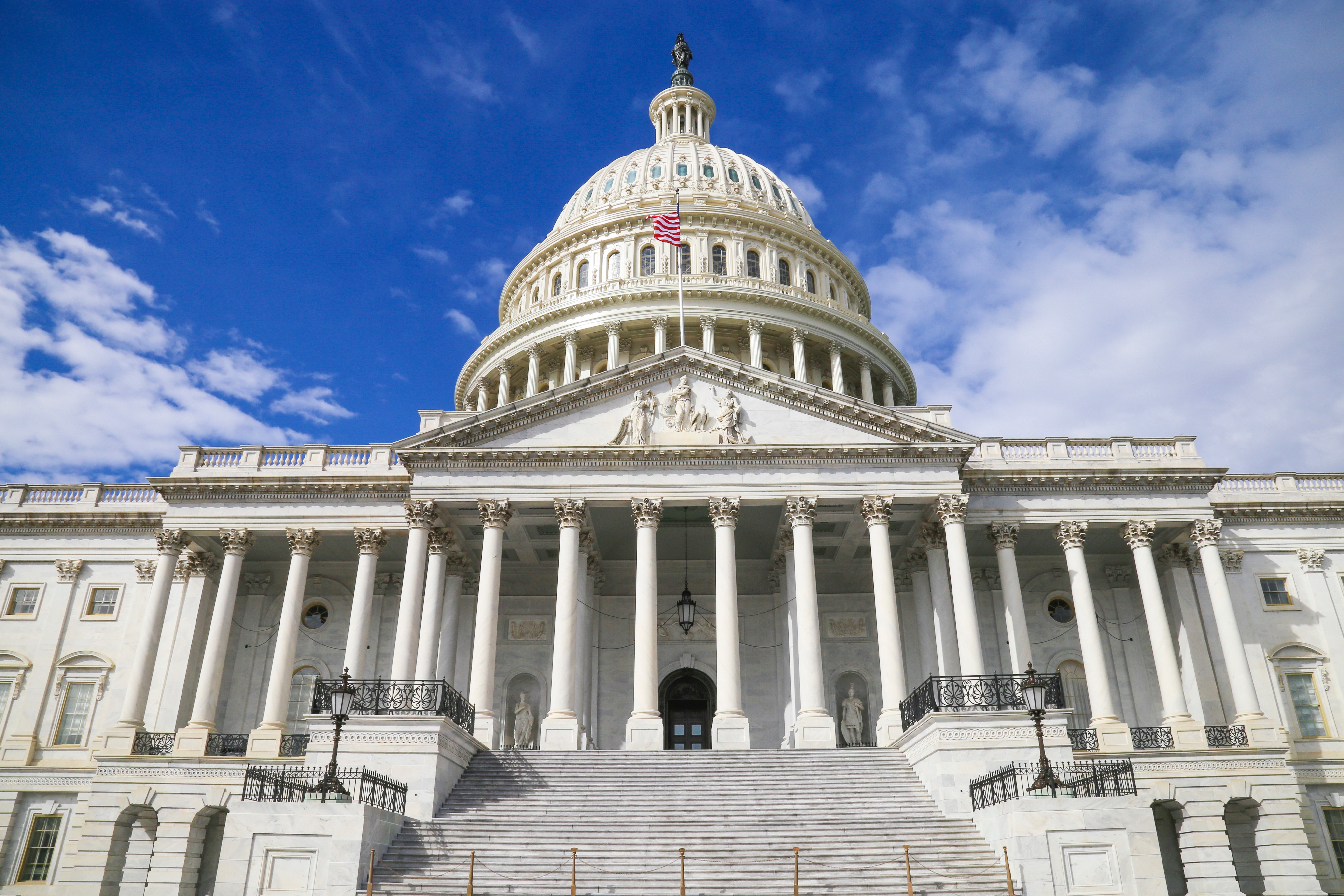You are here
The Opioid Bill is a Win for Peers
October 24, 2018
By Nathaniel Counts, MHA Senior Policy Director and Kelly Davis, MHA Director of Peer Advocacy, Supports, and Services

Today, the President signed into law the Substance Use-Disorder Prevention that Promotes Opioid Recovery and Treatment (SUPPORT) for Patients and Communities Act. The SUPPORT for Patients and Communities Act combines dozens of policy proposals addressing all aspects of substance use and opioids, from drug discovery to health care financing to recovery supports. While there is still so much more to be done to curb the current overdose epidemic and prevent future ones, the impact of this bill will likely reverberate for decades.
While MHA supported many of the policies in the bill, including a focus on addressing trauma in childhood and coordinating with community-based services in treatment, one provision stood out – the Peer Support Enhancement and Evaluation Review (PEER) Act provision championed by Senator Johnny Isakson (R-GA) and Senator Benjamin Cardin (D-MD). MHA was honored to have the chance to work with these leaders in conceptualizing this policy, and looks forward to the incredible impact it could have.
The PEER Act requests a report on how certified peer support specialists are currently paid under Medicaid across the states, and what the impact has been on health outcomes and overall health care costs. Our hope is that, when the report lays out the power of peers, we will be able to take these findings and fight for better coverage of peers in Medicare. At MHA, we believe that people should be compensated for the value they create, and peers create a lot of value. While this provision starts as a study, we hope that with our combined advocacy it will end in better pay and support for the peer specialist workforce.
MHA’s commitment to the expansion of peer support is not only demonstrated by our policy advocacy but also our creation of the National Certified Peer Specialist (NCPS) certification, the first national advanced peer specialist certification. In partnership with the Florida Certification Board, the NCPS was developed to promote coverage of peer support services by Medicare and commercial insurance.
Although research has demonstrated that peer support both improves outcomes and saves costs, decisionmakers note the lack of a high, uniform standard across the country as a significant barrier to its growth beyond its traditional use in Medicaid and state and local programs. By creating a legally defensible certification that allows peers to demonstrate a high level of skills, experience, and knowledge on top of their previous state certification, the NCPS is designed to create more career opportunities for peer supporters and more opportunities to receive peer support for those who need it.
The PEER Act and the NCPS certification are important parts of our ongoing work to expand access to peers in Medicaid, Medicare, and commercial insurance. Through this work and our broader efforts in policy and programming, we will continue to promote peer specialists as key components in addressing the behavioral health workforce shortage, improving mental health and substance use disorder outcomes, and keeping people alive and engaged in their communities of choice.







Add new comment